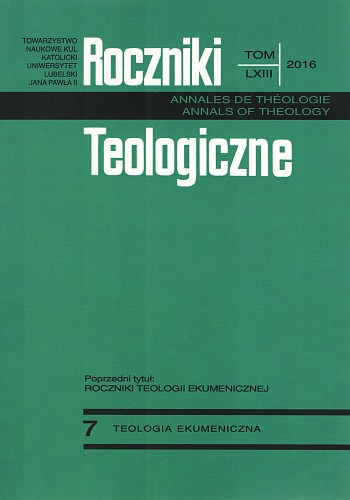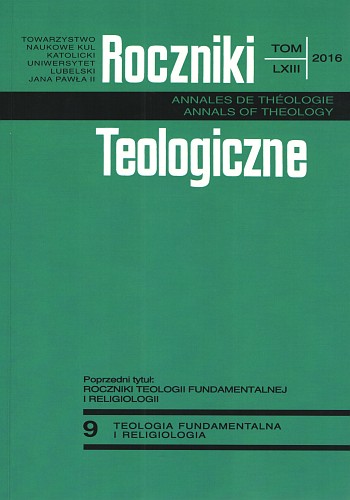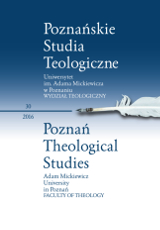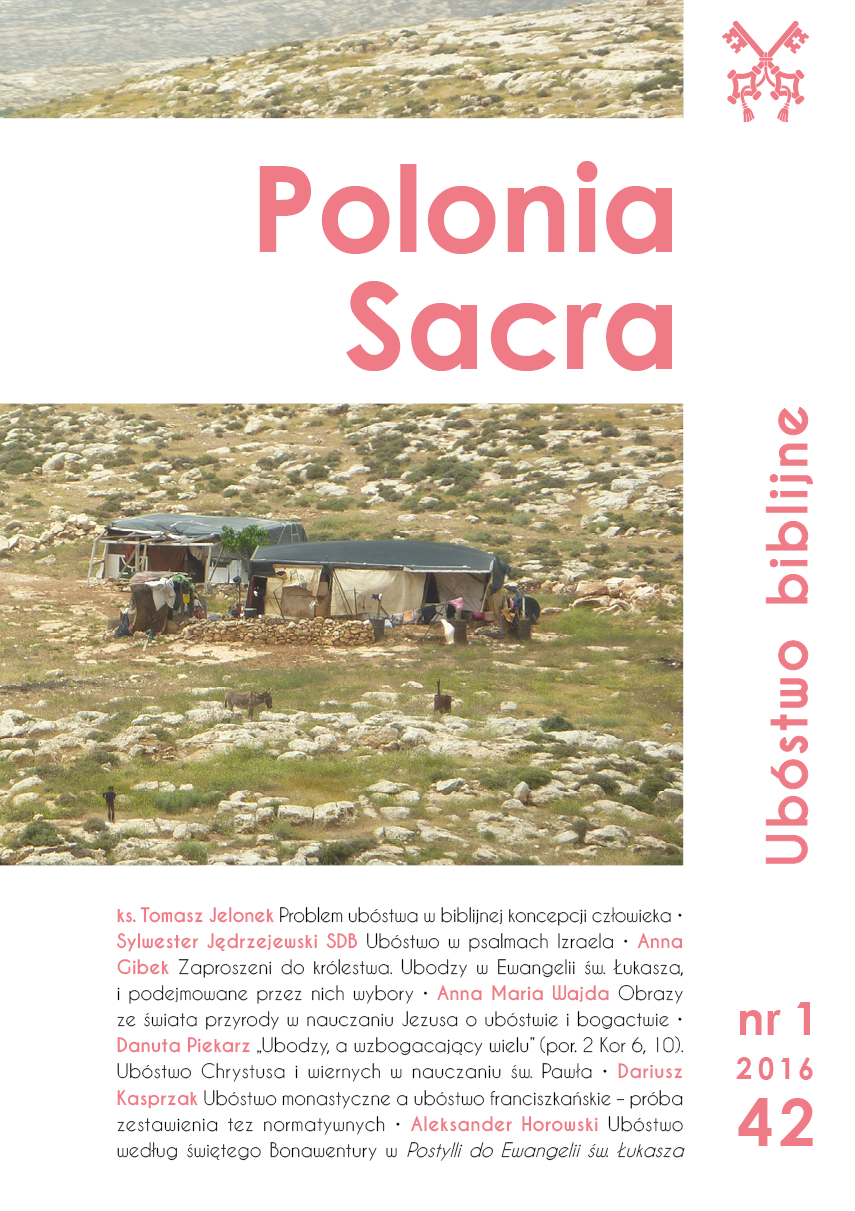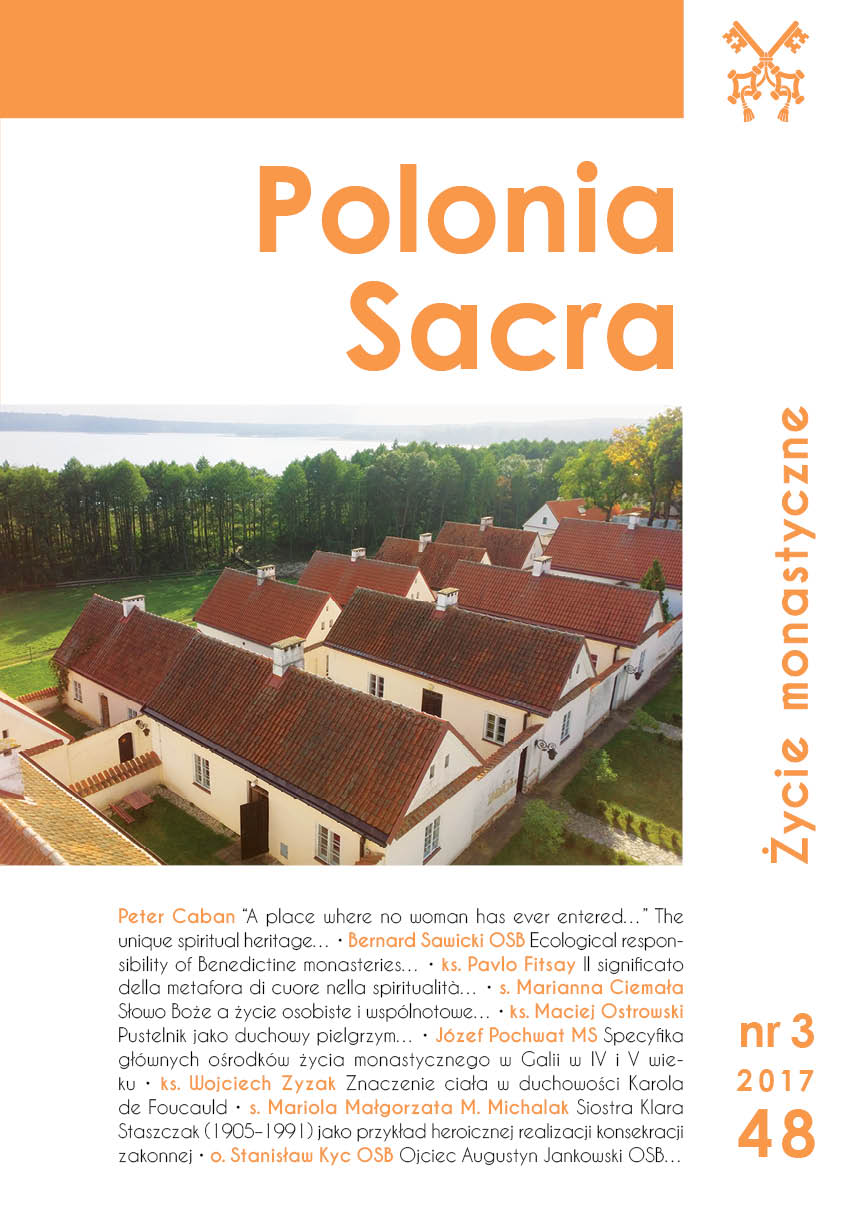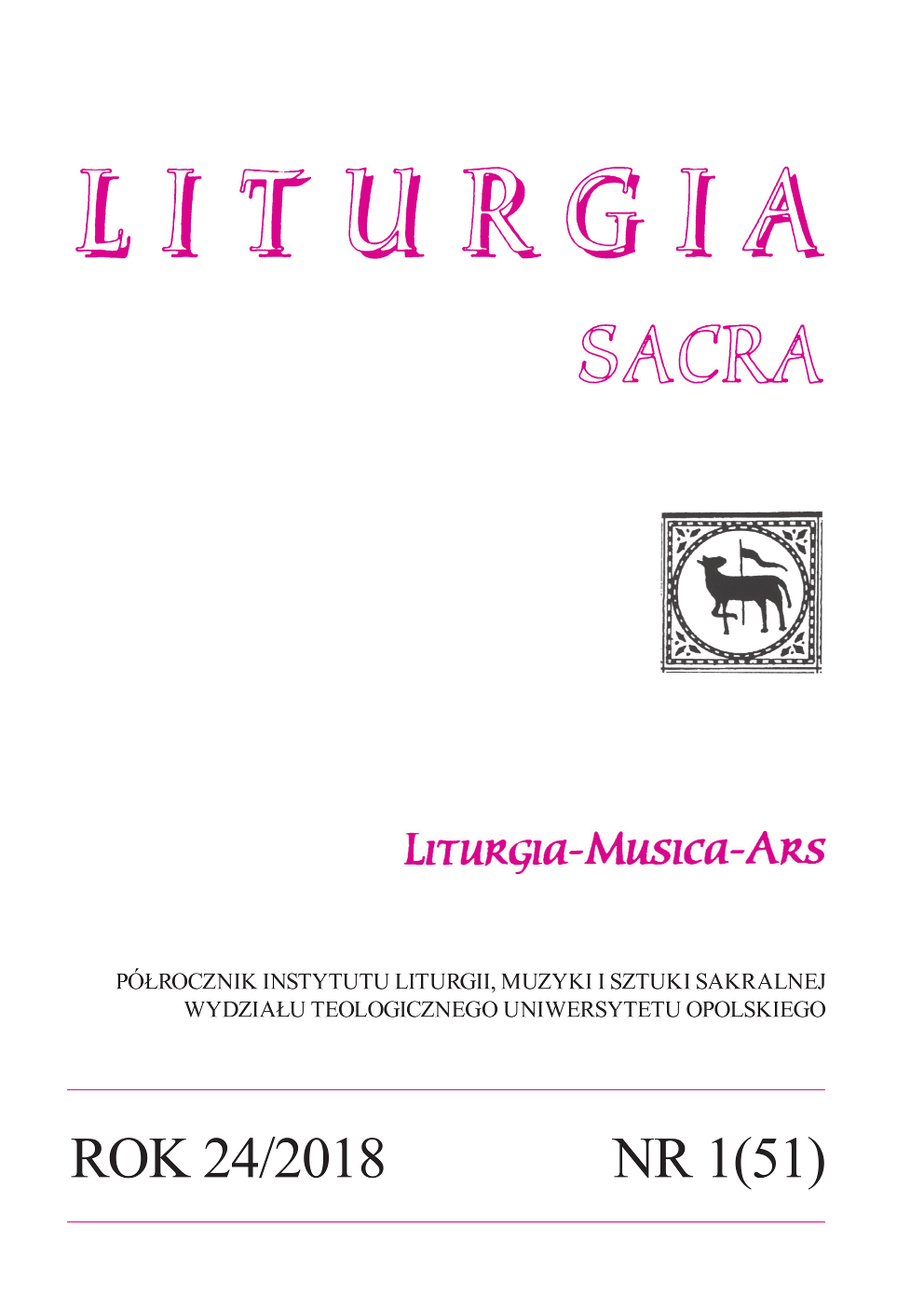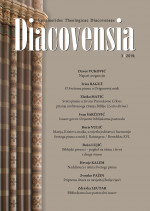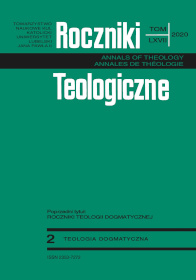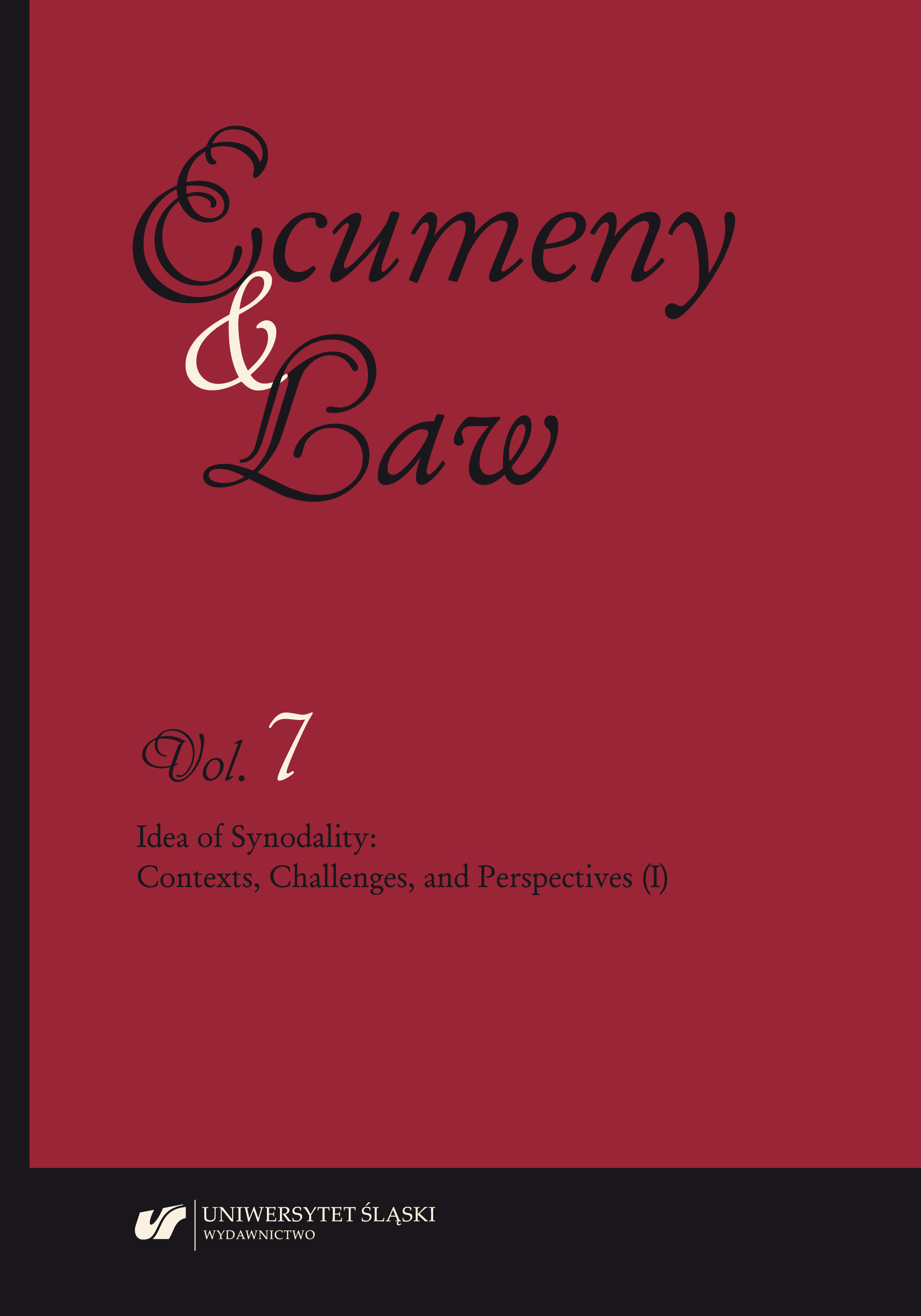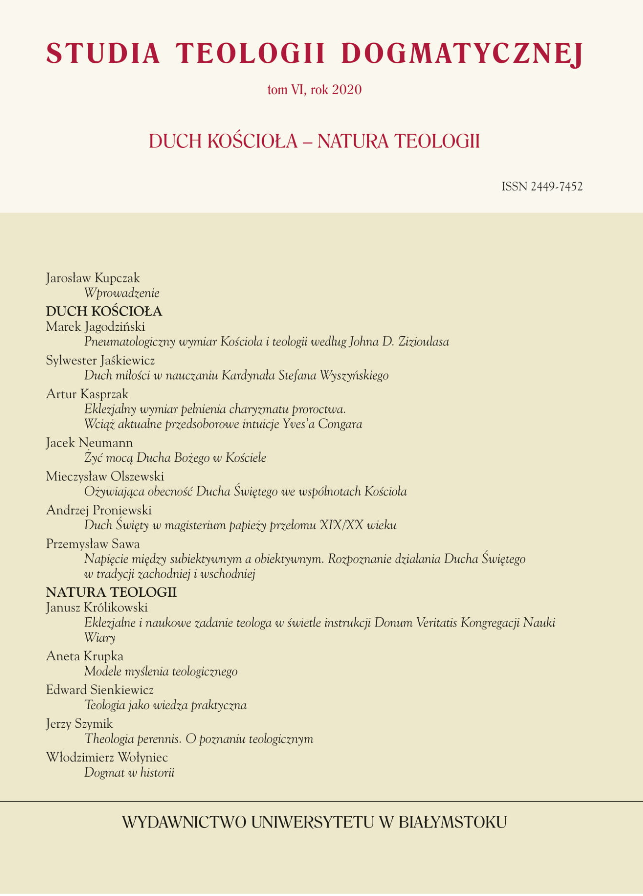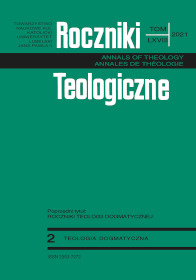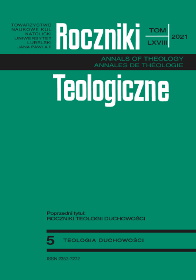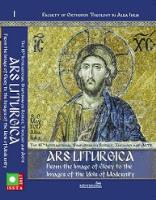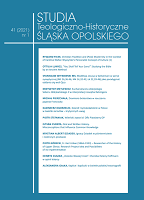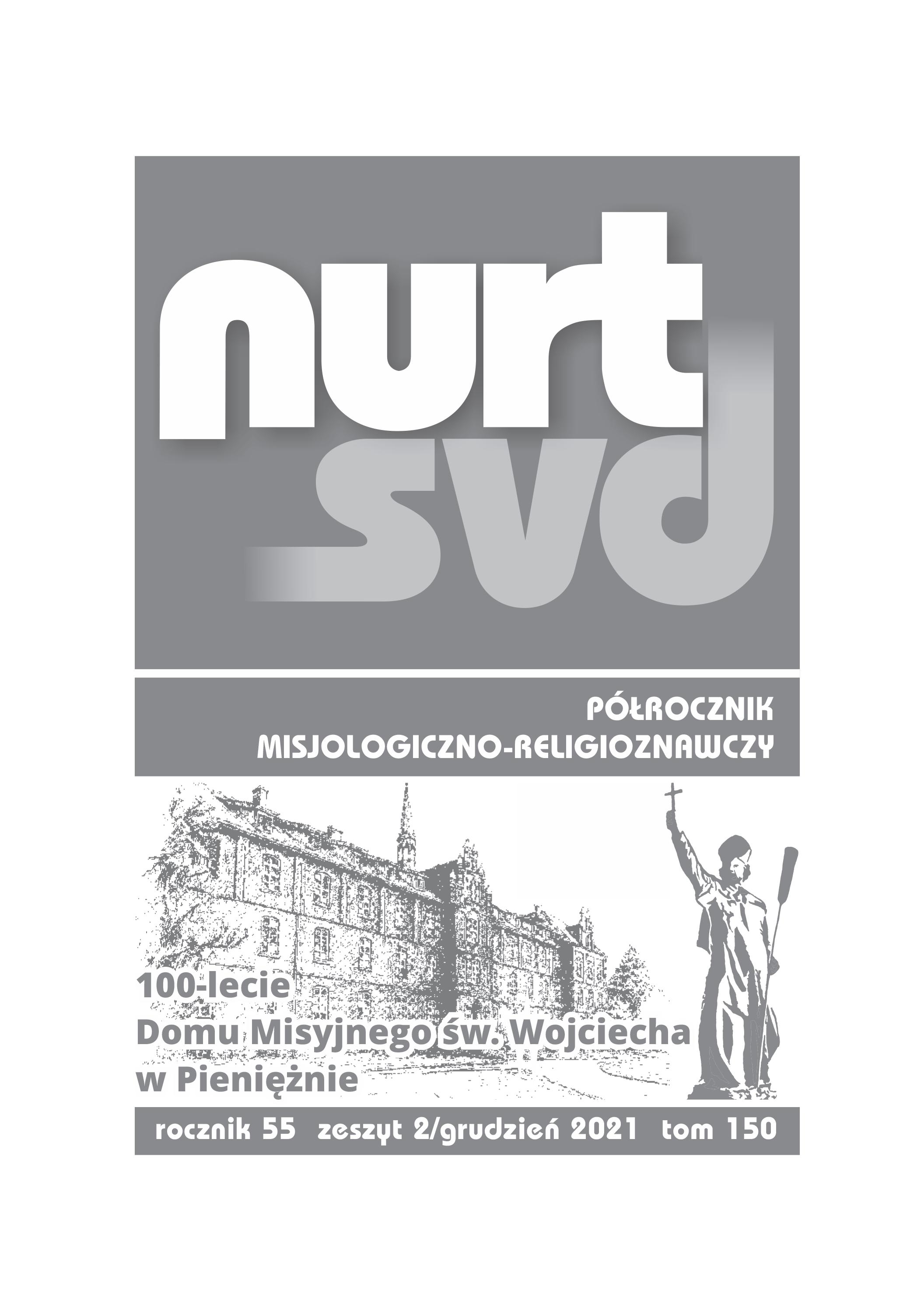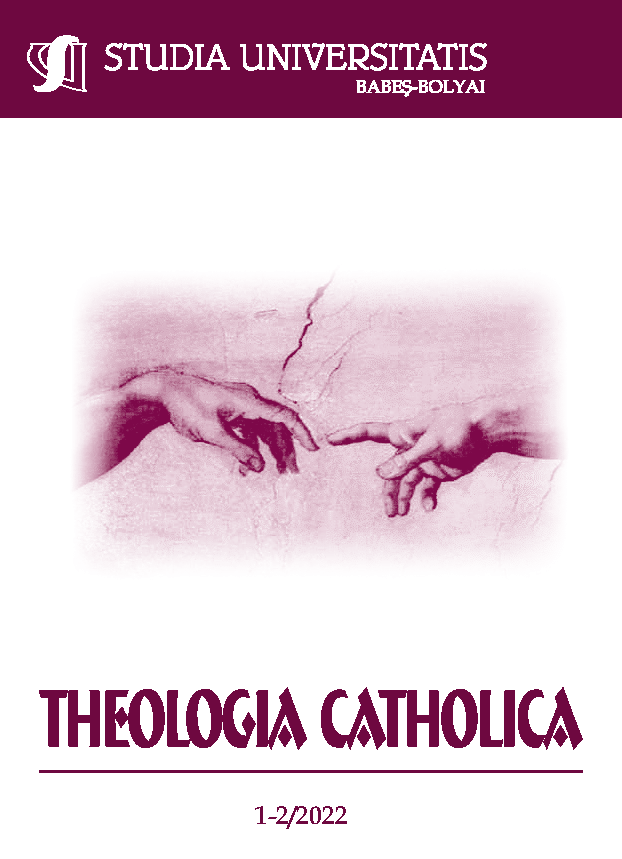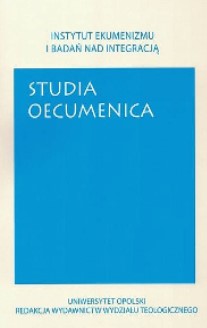Z metaeklezjologii
Author(s): Krzysztof Kaucha / Language(s): Polish
/ Issue: 09/2016
Keywords: Ecclesiology; Meta-Ecclesiology; models of the Church; ecclesiological trends; theology; types of Ecclesiology; Meta-Theology; criteria of theological evaluation models; Ecclesiology issues; methodolo
Meta-Theology denotes a meta-theoretical description of Theology. Similarly, meta-Ecclesiology means a meta-theoretical description of Ecclesiology, and it encompasses all problems of meta-theological nature. Meta-Ecclesiology – like Meta-Theology – might be external or internal. This paper represents an internal Meta-(Catholic) Ecclesiology. It touches on some new issues in the area of Ecclesiology, types of Ecclesiology, trends in Ecclesiology, and models of the Church according to Cardinal Avery Dulles (the Church as Institution, Mystical Communion, Sacrament, Herald, Servant, Community of Disciples, and Sign of Opposition). Multiplicity and diversity of ecclesiological types and trends show a richness and complexity of Ecclesiology. Consequently, one holistic (total) Ecclesiology is impossible at present. Hence, a project of an integral Ecclesiology is feasible but only as (a very useful) way of uniting the results of Ecclesiology – uniting them on a base of main ecclesiological issues or problems faced by Ecclesiology. According to Rev. M. Rusecki (1942-2012) theology today is very much fragmented and it is quite impossible to make it integrated (see: M. Rusecki, Problematyka metody w teologii, in: Tożsamość teologii, ed. A. Anderwald, T. Dola, M. Rusecki, Opole: Wydział Teologiczny Uniwersytetu Opolskiego 2010, pp. 44-47, 54-64. Rusecki presents Adolf Kolping’s idea of integrated theology – pp. 55-56). New theological disciplines and sub-disciplines arise and theologians’ specializations are becoming increasingly fragmented. They are to a lesser extent familiar with the work of their colleagues (native or foreign) and likewise with the history of Theology. The same holds true for Ecclesiology and ecclesiologists. Today in Theology (and in Ecclesiology) there are processes typical of contemporary sciences which are unstoppable. Despite negative consequences, there are some positive, too. Being so, Theology and Ecclesiology show their vitality and necessity. Theologians in their academic work explore new ways of research (including interdisciplinary ones) and have more scholar freedom than they used to, which develops their creativity.
More...
